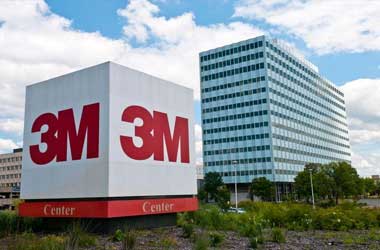
The Retail brokerage global market has taken a hit in different countries as financial regulators look to impose stringent regulations to cut down on scams and fraud.
This is especially true in Europe and Australia. South Korea was once considered an unfriendly market for retail brokerage because of the high deposit requirements.
However, the South Korea Financial Services Commission (FSC) has decided to change this and has stepped in to cut some of the red tape to resurrect the industry.
The first notable change is the fact that the barrier of entry to trading derivatives products has now been lowered. The original amount was KRW 30 million ($25,300). Now it is just KRW 10 million ($8,500). This is a sizable reduction in fees can open the market to more investors in the long run.
This lower limit applies to futures and buying options only. If a trader wants to start selling options, they will need to go up a notch and deposit KRW 20 million. The earlier requirement was set at KRW 30 million requirement.
The main reason that the FSC gave for this new amendment is to improve access to potential investors. Though retail investors will be the main beneficiaries of the change, institutional traders can also benefit from it. Institutional investors have had to deposit an additional ten percent of their credit risk limit.
This fee was in addition to the one hundred percent deposit needed for all volumes exceeding their credit limit. Lower barriers of entry mean lower deposits over all. Plus, this additional requirement will be eliminated in the third quarter of 2019.
The FSC is not stopping there. It also plans to develop and list new types of derivatives. The regulator will be allowing securities firms to come up with their own products that will be featured by the end of 2019. This is big news since it will allow traders to expand beyond the basic futures contract. Besides this, there will also be incentives in place to encourage low-liquidity financial products.
Response to Stagnation
The main reason for this sudden deregulation in South Korea is the stagnating derivatives market in the country. Derivatives trading volume has fallen a lot from its peak days in 2011. Experts are saying that the country’s market is currently underperforming. This is mostly because of the strict regulations implemented back in 2011 during the boom times of derivatives in South Korea.
It also doesn’t help that the derivatives market is in competition with the cryptocurrency market, which many traders are now experimenting with. Due to less restrictions in crypto and the high volatility, traders find it a more attractive choice. However, with the new deregulation, South Korea is hoping that its derivatives market will become competitive once again.




